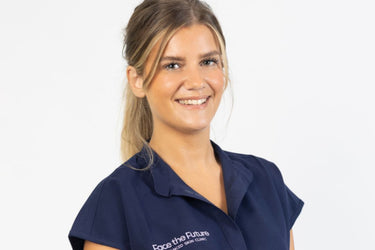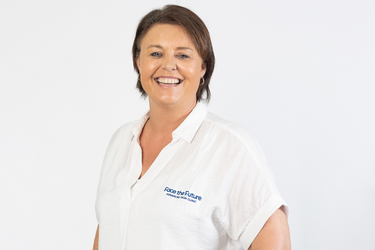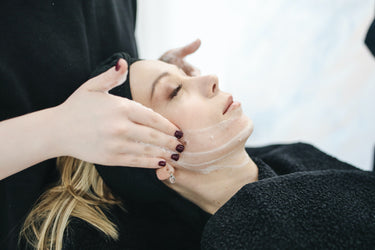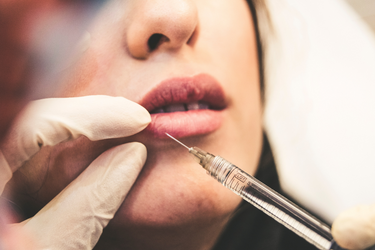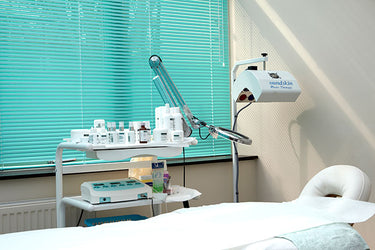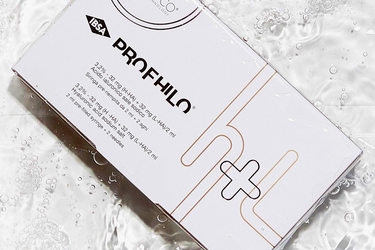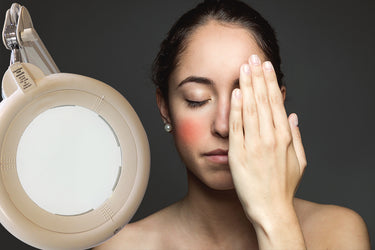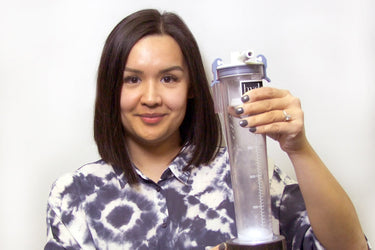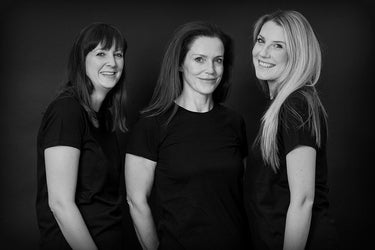Ethics in Aesthetics

Where's the Ethics in Aesthetics? I wanted to write about a topic that has come to light in recent months and is an on-going subject in clinic today. I have decided to label this phenomenon 'The Snowball Effect'.
For a first-time aesthetic patient, initial treatments are always going to be a little nerve wracking. Will the procedure go wrong? Does he/she know what they're doing? What will I look like afterwards? Will anybody recognise me or notice any changes? Some of these thoughts may seem a little irrational, however most are completely normal and should always be discussed with your practitioner during consultation.
The majority of patients have a 'problem area' that becomes the focus of their attention when looking in the mirror. Until this has been rectified, it's very difficult to 'un-see' and can become a fixation in the patients mind. This is often the first thing that triggers the patient into exploring aesthetic treatments. For many it can be a daunting experience, whilst for others it's an exciting stepping-stone towards their goals.
However you feel about your procedure, one thing is almost always guaranteed consecutive treatments.
This brings me to ask: 'when does it all become too much' and is there such thing as 'too done'?
There is nothing that pleases me more than to see a happy patient, being able to help someone restore lost confidence is truly a gift. What normally follows on from the satisfaction of a procedure is the desire to improve or change a new area of concern. I refer to this in the same way that buying a brand new kitchen only makes you realise that the rest of the house has become dated. Of course, this is not necessarily true. If it were, then surely it would have been noticeable before. The human mind looks for problems and will always scrutinize, which can create issues where there are no issues in the first place.It's at this point when the professionalism of your practitioner comes into place.
We believe in one result only: the best overall aesthetic outcome for the patient. Occasionally I have to turn down my patients for procedures if I don't think they are suitable or necessary. This can be difficult explaining to someone when they are desperately seeking a result. However the most important rule in aesthetics is ethics. You take a silent oath as a practitioner to always put your patients best interests first “ this doesn't always mean saying yes.
To book your free consultation, visit https://www.facethefutureclinic.co.uk/contact-us/ or to speak to an expert, call the clinic on 0113 282 3300.
Image source: freepik.com





